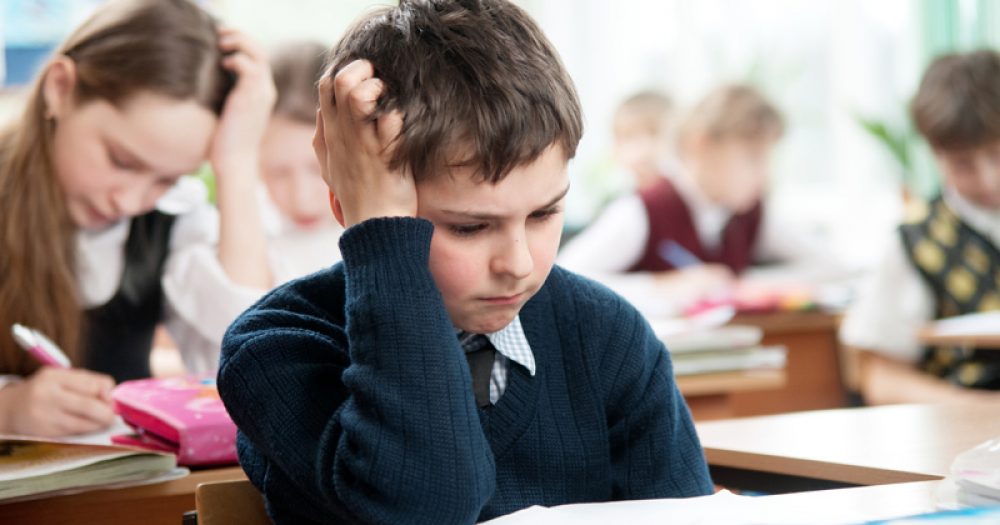GCSE grades among looked-after pupils fell last year and absence rates rose, new data shows.
New statistics published this morning by the Department for Education shows the average Attainment 8 score of pupils in care was 18.8 in 2018, down from 19.3 the year before.
It also means the gap in attainment between looked-after and non-looked after children has widened slightly, from a gap of 25.2 two years ago to 25.6 last year.
Looked-after children are those who are in care, subject to a placement order or provided with accommodation by a local authority for more than 24 hours.
The new data also shows looked-after children were more likely to be persistently absent last year than in 2017.
Ten per cent were persistently absent in 2017, rising to 10.6 per cent last year.
However there are some signs of improvement in outcomes at primary level.
In 2018, 35 per cent of looked-after children reached the expected standard in reading, writing and maths, up from 32 per cent in 2017.
However this proportion is still much lower than the 65 per cent of non-looked-after pupils who reached the same benchmark.
Nevertheless, the gap between looked-after and non-looked-after pupils still widened from 29 to 30 points.
The gap is “partly but not fully explained” by the fact a higher proportion of looked-after primary pupils have a special educational need (58 per cent compared with 17 per cent of non-looked after children), according to the DfE.
The progress scores of looked-after primary pupils has improved. Reading progress scores moved from -0.7 to -0.2, writing progress scores from -1.1 to -0.8, and maths progress scores from -1.1 to -0.8.
But at key stage 4, the progress scores of looked-after pupils was -1.2 last year, the same as in 2017. The average progress score for non-looked-after pupils was -0.07 last year.
Damian Hinds, education secretary, said society “cannot ignore the stark reality of the poorer outcomes for children who face chaotic lives or have experienced trauma or adversity.”
“That is why we’ve provided practical advice to schools and social workers to adapt the way they support them, including having a consistent and trusted member of staff to talk to.
“We are also investing £84 million to support families and help provide stability at home,” he replied.



Your thoughts